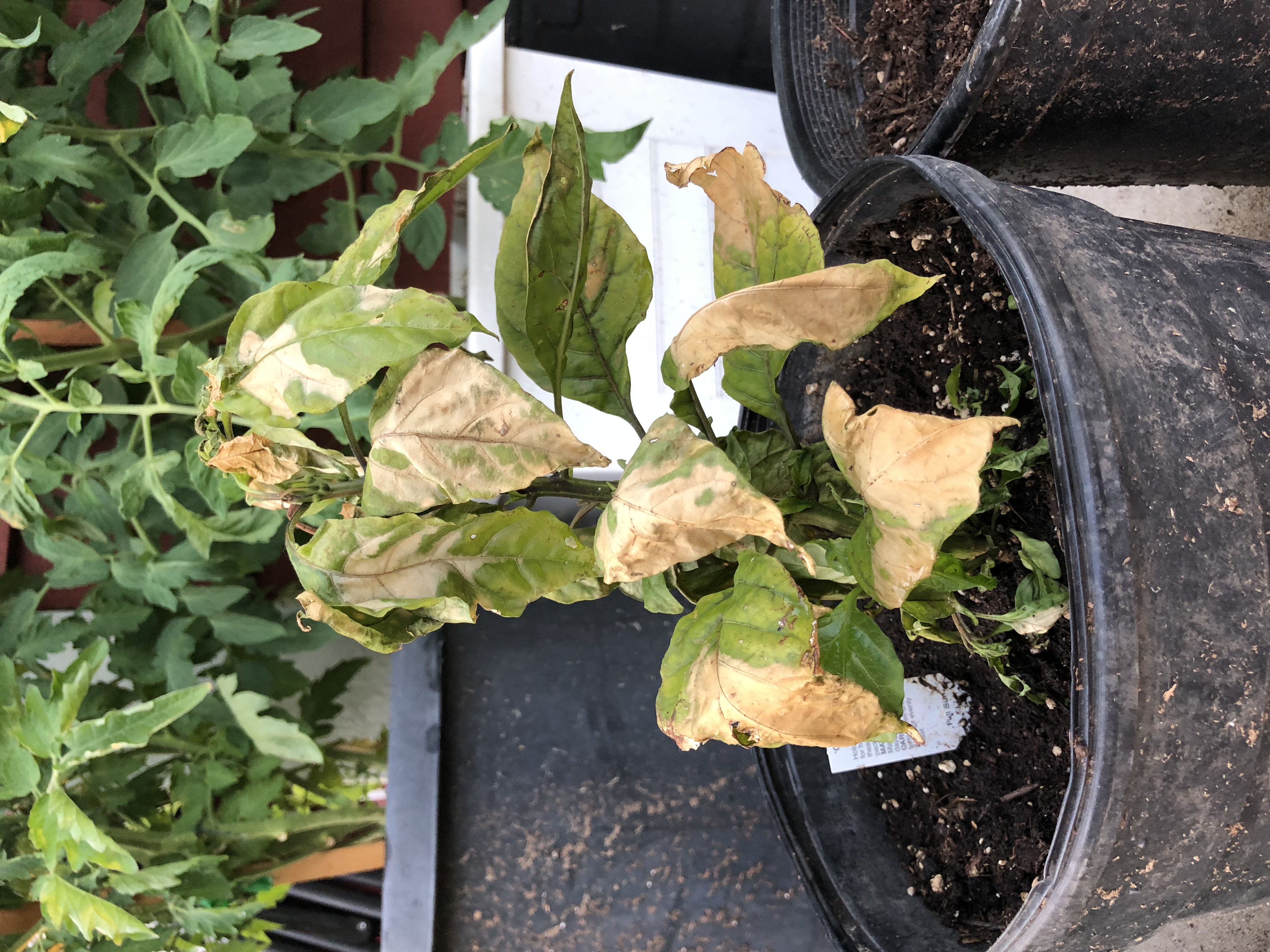Best Fertilizers for Peppers: Increase Growth and Taste Naturally
Best Fertilizers for Peppers: Increase Growth and Taste Naturally
Blog Article
Organic Vs. Synthetic Fertilizers: Which Is Best for Nurturing Healthy Pepper Plants?
In the world of supporting healthy and balanced pepper plants, the selection between natural and artificial plant foods stands as a pivotal choice with significant implications. While both alternatives aim to provide important nutrients to support plant development, the subtleties of their influence on the soil, plant health, and the atmosphere stimulate a dispute that echoes throughout the gardening neighborhood. Comprehending the unique benefits and possible risks of each fertilizer type is crucial for pepper farmers seeking to enhance their yields while preserving a lasting and eco-conscious approach.
Advantages of Organic Fertilizers
Organic plant foods supply a lasting and environmentally-friendly strategy to beneficial pepper plants, giving crucial nutrients without making use of synthetic chemicals. These natural plant foods are obtained from organic resources such as compost, manure, bone meal, and algae, advertising dirt health and biodiversity. Unlike artificial fertilizers, natural alternatives release nutrients slowly, making sure a consistent and well balanced supply for pepper plants to grow.
One considerable advantage of organic plant foods is their ability to enhance dirt framework and water retention. By improving soil health and wellness, natural plant foods promote valuable microbial task, which aids in nutrient uptake by pepper plants. Additionally, organic fertilizers lower the danger of chemical run-off, safeguarding water sources from pollution and protecting the environment.
Additionally, organic plant foods add to long-lasting dirt fertility by promoting the growth of advantageous soil organisms. These microorganisms help damage down raw material, launching nutrients in a type that is conveniently obtainable to pepper plants. best fertilizers for peppers. By fostering a healthy and balanced dirt ecosystem, natural plant foods sustain lasting pepper cultivation practices that benefit both plants and the environment
Disadvantages of Artificial Fertilizers
Synthetic fertilizers, in contrast to their natural equivalents, present different negative aspects when used to nourish pepper plants, affecting both plant health and ecological sustainability. One significant downside of artificial fertilizers is their propensity to leach nutrients from the dirt swiftly.
Additionally, the overuse of synthetic plant foods can add to water air pollution. Excess fertilizers not soaked up by plants can clean away right into water bodies, causing eutrophication, where algae blossoms diminish oxygen degrees in the water, harming water life. Synthetic plant foods are typically derived from non-renewable resources, such as fossil fuels, contributing to carbon exhausts and ecological destruction during their production.
Nutrient Absorption Comparison
When contrasting organic and artificial fertilizers in terms of nutrient absorption, natural plant foods have the benefit of giving a much more well balanced and slow-release source of nutrients. Organic plant foods have a range of macro and micronutrients that are not just advantageous for the plants but also promote healthy and balanced soil microbial activity, which assists in nutrient uptake.
In addition, natural plant foods improve soil structure and water retention capability, permitting pepper plants to access nutrients a lot check here more effectively. This enhanced soil quality facilitates origin development, enabling better nutrient absorption. Artificial plant foods, although initially boosting plant growth due to their high nutrient concentrations, may impede lasting nutrient absorption by degrading dirt wellness with time.
Ecological Effect Factors To Consider

On the other hand, synthetic fertilizers, although commonly even more instantly readily available and concentrated to plants, can have damaging results on the setting if not applied effectively (best fertilizers for peppers). Their production requires high power inputs, bring about greenhouse gas exhausts and contributing to environment adjustment. Furthermore, the drainage of excess synthetic fertilizers can pollute water sources, causing eutrophication and hurting aquatic ecosystems.
Finest Plant Food Practices for Peppers
To accomplish this, it is essential to follow ideal fertilizer practices customized to the particular needs of pepper plants. One essential practice is to carry out a dirt test prior to using any fertilizers.
Another essential method is to fertilize pepper plants at the correct time. Usually, peppers benefit from obtaining plant food at planting and after that once more when they start to flower. Over-fertilizing can lead to nutrient visit this web-site imbalances and hurt the plants, so it is essential to adhere to advised application prices.
In addition, selecting a balanced plant food with an NPK proportion that suits pepper plants' needs is fundamental. Organic fertilizers, such as garden compost or manure, can be excellent choices as they release nutrients gradually and enhance dirt framework over time. Synthetic fertilizers can supply a quick nutrient increase when required. Eventually, integrating natural and artificial plant foods deliberately can help support healthy pepper image source plants while reducing environmental influence.
Verdict

Organic plant foods use a sustainable and environmentally-friendly approach to beneficial pepper plants, offering necessary nutrients without the use of artificial chemicals. Unlike artificial fertilizers, natural options launch nutrients slowly, making sure a steady and balanced supply for pepper plants to thrive.
Artificial fertilizers, in contrast to their natural counterparts, position different downsides when made use of to nurture pepper plants, influencing both plant wellness and ecological sustainability. When contrasting organic and artificial plant foods in terms of nutrient absorption, organic fertilizers have the benefit of offering a more balanced and slow-release resource of nutrients.Additionally, natural fertilizers boost dirt framework and water retention ability, enabling pepper plants to accessibility nutrients extra effectively.
Report this page